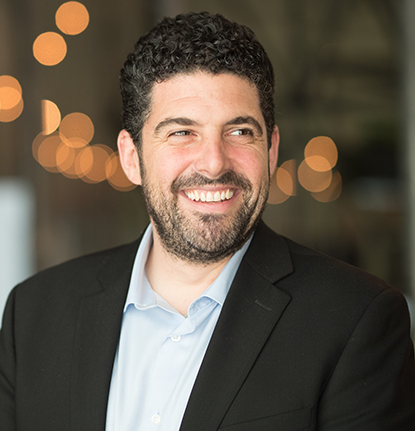In a recent conversation, Pepsico’s Senior Director, Consumer Insights at Gatorade, Doug Healy suggests global corporate enterprises are “designed to exist within a pretty tight plus, minus of efficiency.” Going into the global pandemic, the pace had been set. Controls were in place to accommodate for gradual changes in consumer behavior. The joy of discovery perhaps wasn’t shining as brightly as before. So when disruption wreaked havoc, there was a realization that the, “machine had just been working.”
With all of the terrible things that have happened throughout this health-based event, the disruption has also provided the opportunity for some positive change. For Healy it’s to “not [take] anything for granted; ensure we’re not doing things the way that we’ve been doing them and to question the information that we have [because] the implication of data can change so fast.”
Information that meant one thing in a, “pre-COVID world,” means something different today. Healy is quick to point out that old or historic data isn’t necessarily “bad.” Quite to the contrary, when the veracity of historical data is challenged, tested and utilized correctly within the context of current irregular shifts in behavior, it can be provenly determinative.
The “shift to fast,” or, “the timing of the crescendo of [the ability to answer questions quickly] along with the timing of the world changing in a way that meant that, “we couldn’t do things the way that we had been doing them before,” was perfect. The fact that the appropriate tools for real-time decision-making had arrived precisely when they were needed, was miraculous.
The hybrid and electric car market has developed to a point that many are immune to the current spike in gasoline prices. The exact tool necessary for this moment in time is being employed by a segment of the greater community and consequently, that segment benefits by being able to drive more often. That drive time can be spent counting dollars not spent at the pump as well as supplementing battery life when braking.
The exact “quick response” tools necessary for use in the insights discipline, solely in an acute moment in time, worked well. But that doesn’t mean that using only those tools in the next moment is the right game plan. Healy notes that he’s, “still a firm believer in a lot of the ways that insights has run.” Posing big strategic questions to big samples through trending surveys takes time to expedite and evaluate. The insights discipline along with key stakeholders may have become accustomed to fast data delivery that necessitates quick decision making. It’s in this moment though, that those contemporary tools blended with Healy’s, “classic ways of doing insights,” can provide unique collective intelligence for the enterprise.
The art of modern insights is harnessing that collective intelligence to provide the business a rate of speed that can outpace a next disruption. The folly of the hare was to loaf based on his belief that speed alone could win the race. Modern businesses must supplement the ability to utilize speed with the power generated by applying slow methodologies.
Contributors
-

Seth Adler heads up All Things Insights & All Things Innovation. He has spent his career bringing people together around content. He has a dynamic background producing events, podcasts, video, and the written word.
View all posts -



































































































